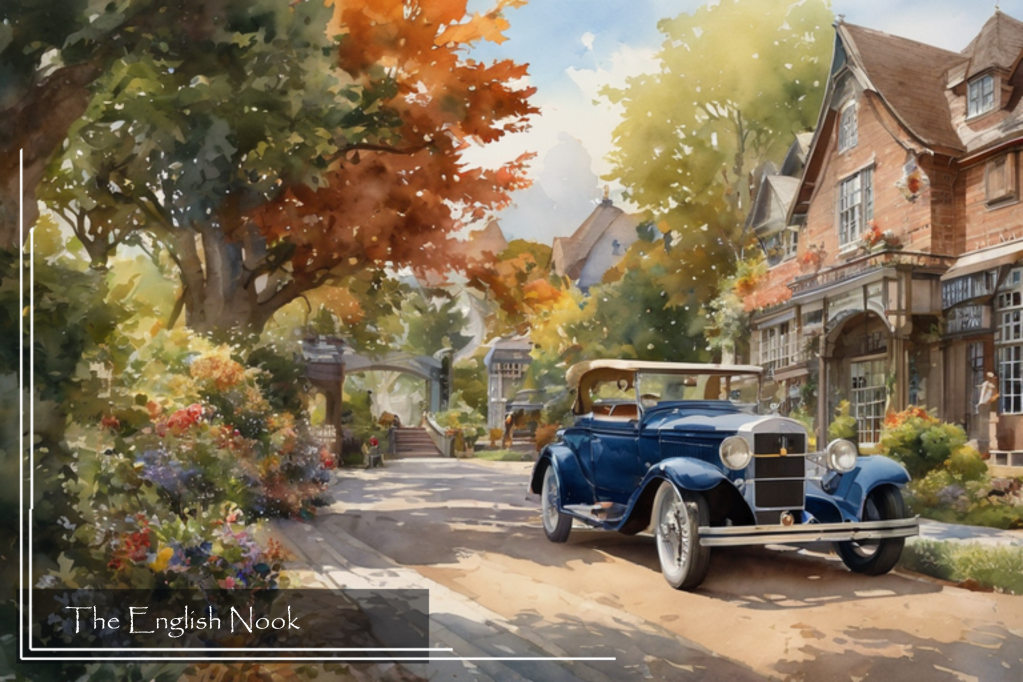
A Journey of a Thousand Miles Begins with a Single Step.
The English language, with its rich tapestry of history, has undergone a fascinating metamorphosis, transitioning through various stages from its ancient roots to the dynamic and widely spoken Modern English we know today. This linguistic evolution is a testament to the ever-changing nature of communication and the cultural influences that have shaped the language over centuries.
1. Old English: The Anglo-Saxon Foundations (450-1150 AD)
Old English, also known as Anglo-Saxon, was the earliest form of the English language spoken in what is now England and southern Scotland. Rooted in Germanic languages, Old English featured distinct grammatical structures, a complex system of declensions, and a vocabulary heavily influenced by Norse and Latin.
2. Middle English: The Norman Conquest to Chaucer (1150-1500 AD)
The Norman Conquest of 1066 brought significant changes, introducing French influences to the language. Middle English emerged as a fusion of Old English and Norman French, characterized by the use of a simplified grammar and an expanded vocabulary. This period saw the works of Geoffrey Chaucer, whose Canterbury Tales provided a glimpse into the linguistic shifts of the time.
3. Early Modern English: Shakespearean Era to the King James Bible (1500-1700 AD)
The Renaissance marked the transition to Early Modern English. This period witnessed the standardization of spelling and grammar, and the works of William Shakespeare and the publication of the King James Bible played pivotal roles in shaping the language. English started to adopt words from other languages due to exploration, trade, and cultural exchange.
4. Late Modern English: The Industrial Revolution to the Present (1700-21st Century)
The Industrial Revolution and the expansion of the British Empire brought English to new corners of the globe. During this period, Late Modern English saw the rise of standardized dictionaries, the formation of grammatical rules, and a proliferation of scientific and technical terms. The language became a global force as a result of colonization, trade, and the influence of the British Empire.
5. Global English: English in the 21st Century
In the contemporary era, Modern English has become a global lingua franca, serving as a common means of communication among speakers of different native languages. The advent of the internet and technology has further accelerated linguistic evolution, introducing new words and expressions into everyday usage. English has adapted to accommodate diverse cultures and contexts, solidifying its role as a global language of diplomacy, business, science, and popular culture.
The journey of the English language is a testament to its resilience and adaptability. From the humble beginnings of Old English to the dynamic and interconnected Modern English of today, the language has absorbed influences, navigated historical shifts, and embraced global diversity. Understanding this evolution provides insight into the cultural, social, and historical forces that have shaped one of the world’s most widely spoken languages.
YOU WILL ALSO LIKE READING:








Leave a comment